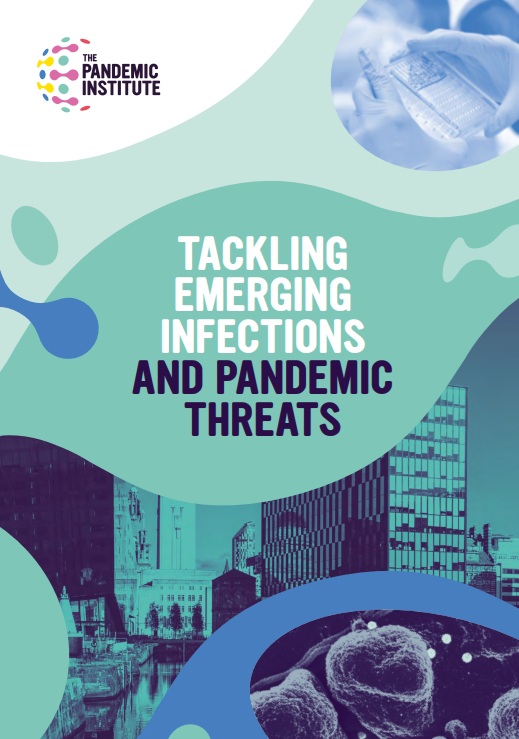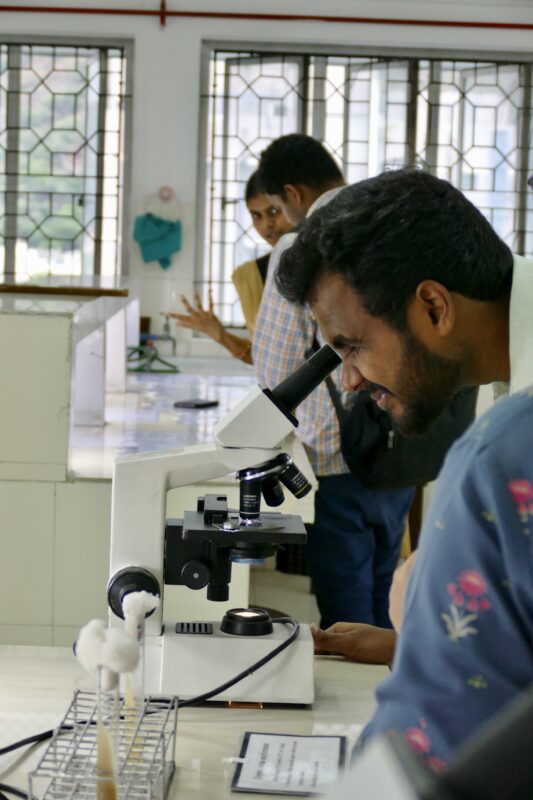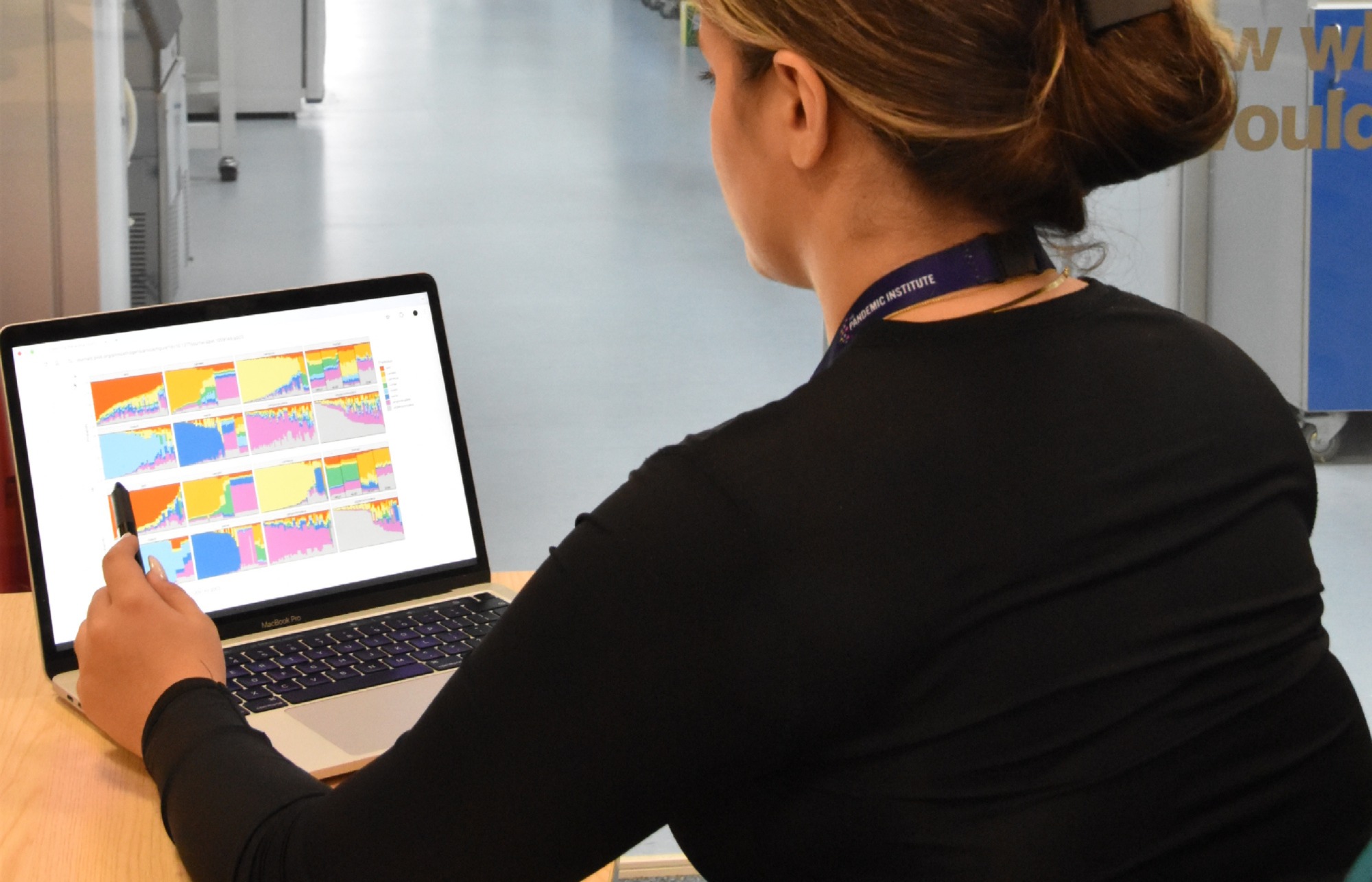
PREDICTING THE NEXT PANDEMIC
We are using AI to PREDICT which pathogens might emerge, thus reducing the risk of future pandemics. Through enhanced surveillance, we are helping PREVENT the spread of recently emerged pathogens, supported by effective use of vaccines where they exist.
Below is a selection of our recently funded projects, and some work happening across the partnership.
Modelling future disease threats
Using machine learning, research by Dr Liam Brierley (UoL) and colleagues has been mapping the global spread of avian influenza and identifying strains that could jump to humans. We are also assessing the risk posed to the UK by Oropouche virus, a growing threat in Latin America. Closer to home, Dr Christopher Overton (UoL) and Dr Emily Nixon (UoL) are developing models to predict NHS winter pressures from respiratory viruses, giving healthcare planners the tools to prepare, respond early, and protect patients.
 Strengthening diagnosis of emerging brain infections
Strengthening diagnosis of emerging brain infections
Many emerging diseases present in lower income settings starting with brain infections, but these can be some of the most challenging conditions to spot. To strengthen surveillance and diagnosis Dr Bhagteshwar Singh (UoL) and colleagues worked with clinicians, microbiologists, policymakers and other stakeholders in Brazil, India and Malawi, identified where the difficulties in diagnosis lay, and introduced simple, sustainable interventions, such as packs for performing spinal taps, to improve the diagnostic rate. This work, published in The Lancet, is being rolled out globally through WHO initiatives on encephalitis and meningitis.
Singh B, et al. Lancet. 2025 Mar 22;405(10483):991-1003
Training in outbreak detection in Malawi
The Public Health Institute of Malawi (PHIM) plays a key role in responding to disease outbreaks but lacks training capacity and lab resources. To strengthen PHIM’s ability to detect and manage emerging infections, funding from The Pandemic Institute has supported the Malawi Liverpool Wellcome Research Programme to launch an internship scheme to train staff in essential lab skills. Interns will return to PHIM with knowledge and tools to improve outbreak response.
Tackling vaccine hesitancy in diverse communities
In Liverpool, Influenza vaccine uptake is lower in ethnically diverse and marginalised groups, due to a mix of mistrust, misinformation, and cultural concerns. Professor Cathy Montgomery (LJMU) and Professor Miriam Taegtmeyer (LSTM) are working with Dr Emer Coffey and colleagues at Liverpool City Council and local communities in Liverpool to understand these barriers and co-design public health messaging that speaks to their experiences. This work is creating tailored, culturally sensitive campaigns to boost vaccine confidence, reduce health inequalities, and protect vulnerable populations across the UK during future winter surges.
Powell A, et al. Vaccine. 2025 Mar 19;50:126837
Sign up to our newsletter
Join our mailing list to hear about our latest news, events and funding opportunities.









